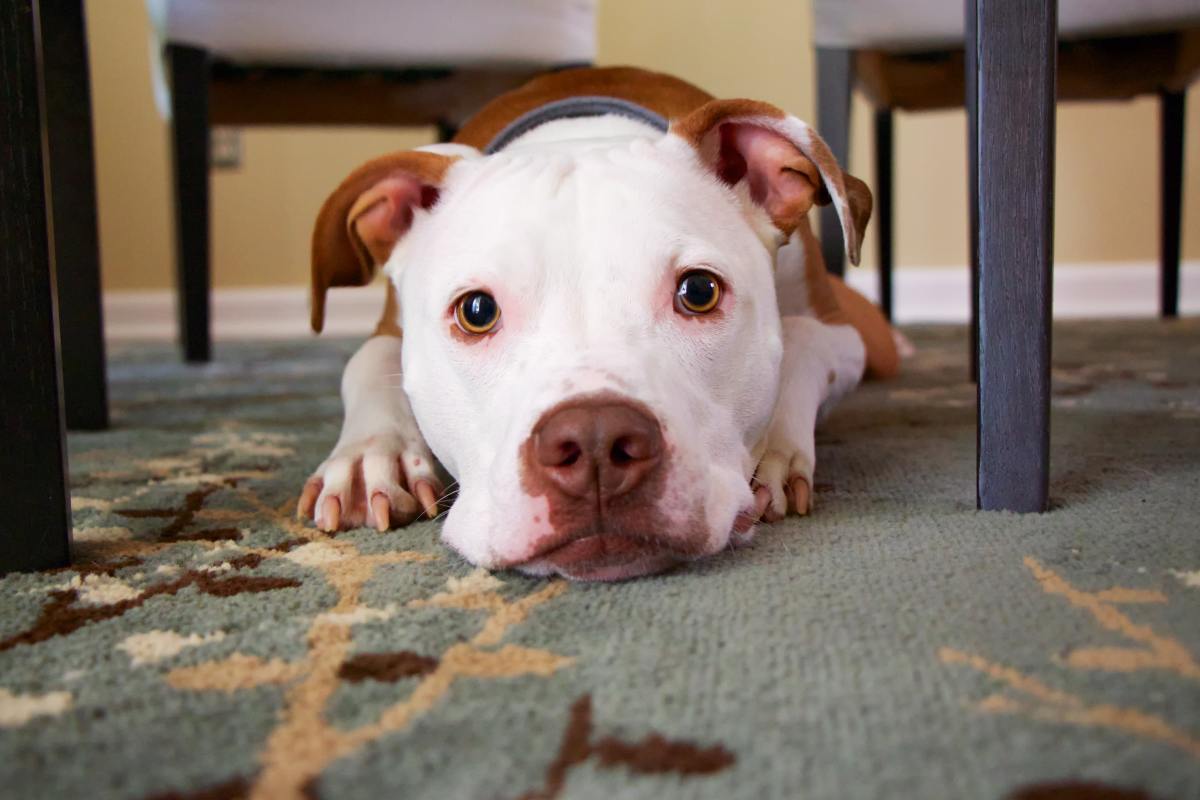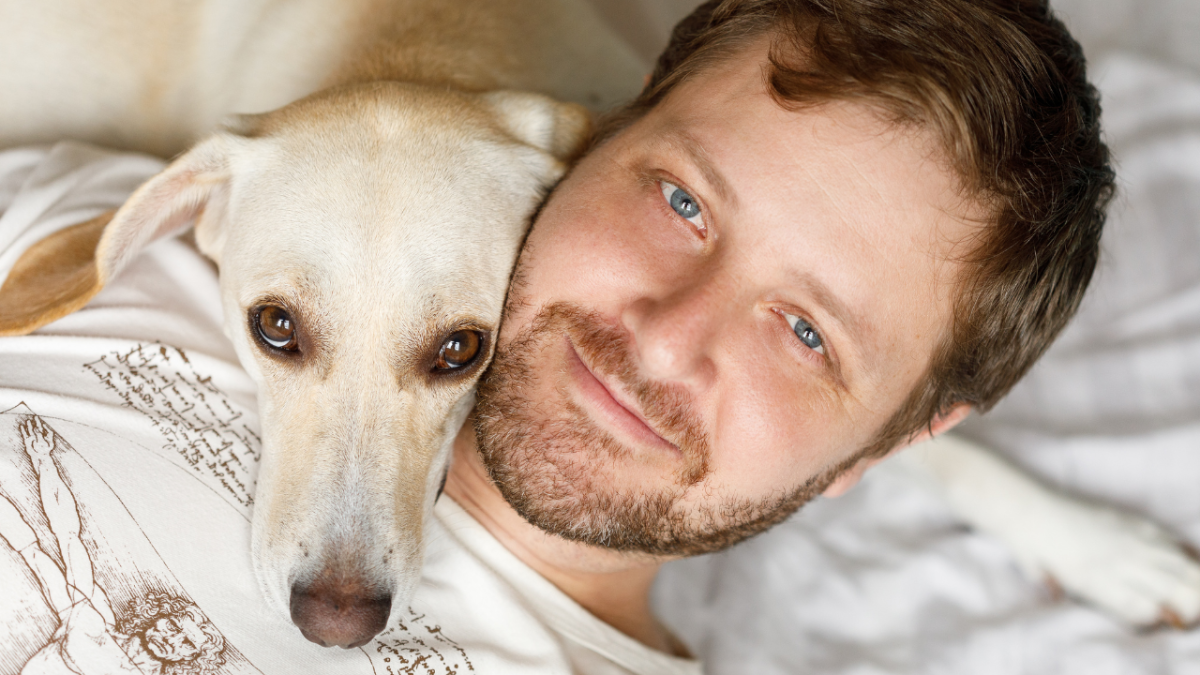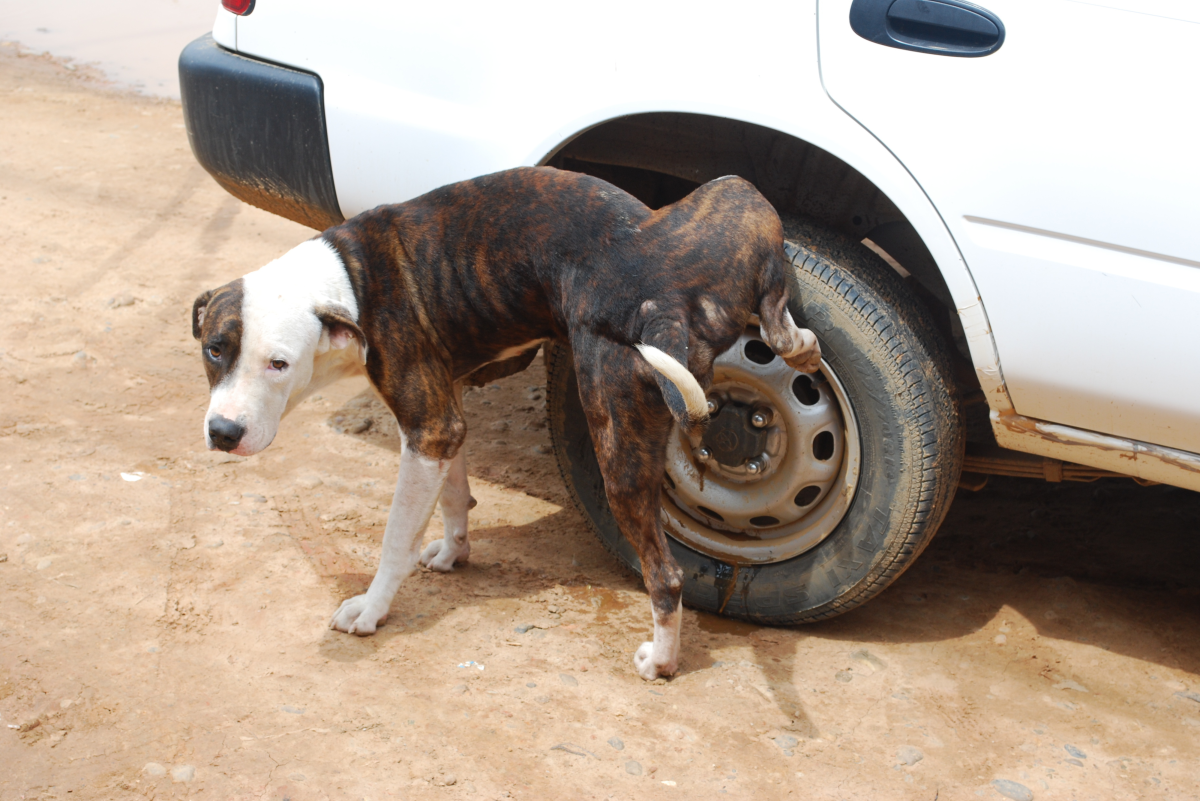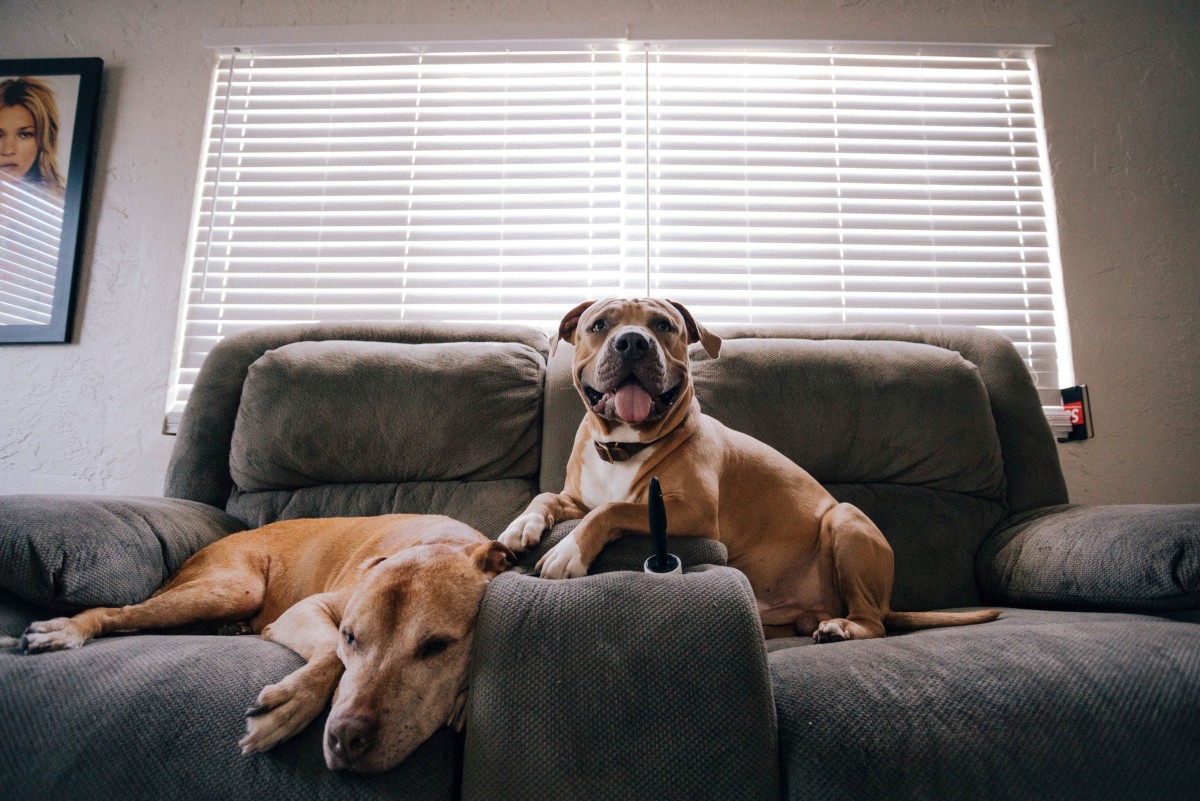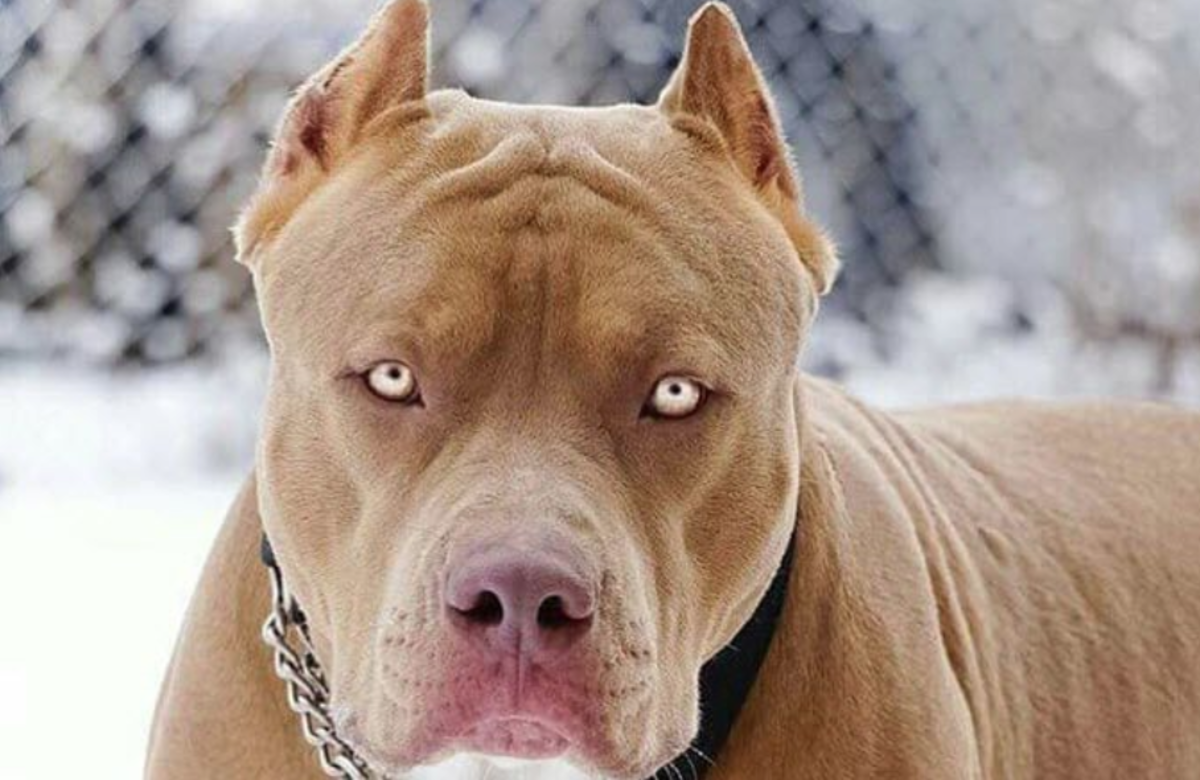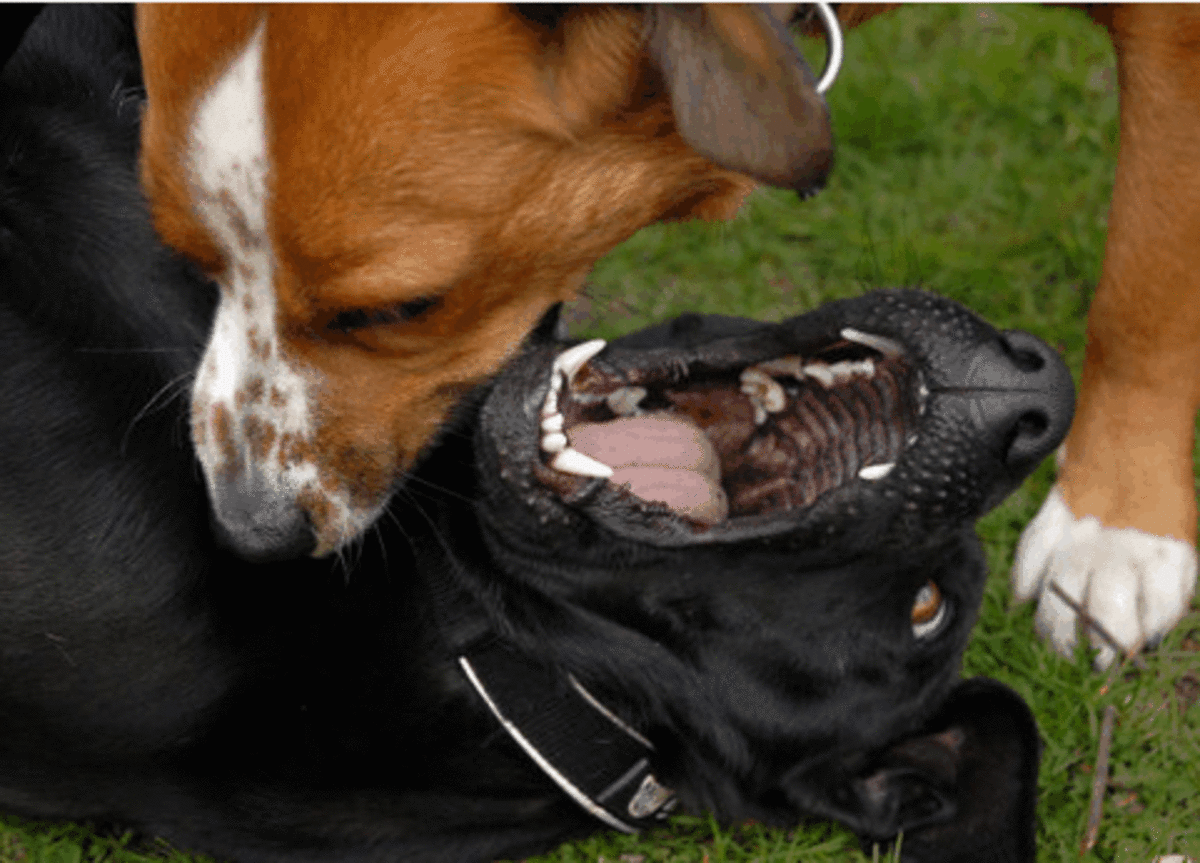How to Understand Dogs and Make Dogs Understand You
A Beagle

Dogs Are For Life, Not Just For Christmas
Dogs are a big part of our daily life and they mean a lot to many people who own one. Dogs are a great inspiration to artists, writers and sculptors, and their images are used commercially in many businesses. Dogs were once kept as working animals long time ago, but in recent times, their major role has changed to one of being a good old chum to share lives with people. To acquire good company of dog, it must be happy and have all its requirement met by the owner. So in that manner, it can behave in a way that allows owners to enjoy living with it in their humble homes. Without a job to do, a companion dog must be given an outlet for its energies and some purpose in life. The dog will then be free to act in a manner that we, as the owners, can approve. One example would be to take the dog for a regular in the park.
6 month old Beagle girl

Dogs resulting in break-ups
Unfortunately, and sadly too, relationships between dogs and their owners break down. This maybe because of a lack of understanding or appreciation of the dog's special needs. The resulting bad behaviour forces owners to try various methods of punishment to no avail (sometimes cruelty is involved). If those relationships cannot be solved in time, the biggest loser is the dog, why? Because the dog will lose its home and will be rejected by the people it knows and loves dearly. In fortunate cases, the dog may find itself in rescue kennels, or may be given to a new owner. On top of that, the original owners who raised the dog lose a dearly loved pet and may, worse still, without even realizing their mistakes, go on to raise another puppy with the usual bad habits. It is very important to understand your pets better, that way a few dogs irritating behaviour will be reduced, and will avoid abandonment. Owners who have developed a better understanding of their dog's behaviour, make great owners who are nicer to their pets. The lives of the dogs they own will improve dramatically and rewardingly.
Is it possible for all dogs to be well behaved?
Nearly every dog lovers would like a dog that is friendly, loyal and not mischievous, plus they want their dog to obey their every command. This in general, is expecting too much from a dog and is kind of a selfish desire. Life is what we make of it, and a dog is what you make of it also, so make it a good one with your dog. Many people, however, live with a dog whose behaviour is less perfect and are tolerant of a wide variety of behaviour that does not conform to their idea of good conduct. However, it is possible for everyone to acquire a well-behaved dog. Basically, and all that is required, is that the owners develop a good understanding of their dog and change the way they behave towards them.
A dog's character in adulthood depends on both the genes passed on to them by their parents and ancestors and the environment they have lived in throughout life. Both will have an effect on the dog's personality, temperament and qualities. This results in the way on how a dog behaves. Genetic influences in dogs are very profound. The dogs in the present day are all descendants of the wolves. Wolves are efficient predators of the large prey that hunt in packs. To do this they need to be sociable and communicative. Both these traits can make them very good precursors of domestic dogs of ours.
To add further, the wolves have an instinctive hunting behaviour to exploit in order to produce the working breeds. People selected the qualities they most admired and created a whole range of dogs to suit different purposes. Different breeds have specific traits that their ancestors required for their 'task'. An example I can give is the Collies, which they are born with a strong instinct to chase and herd moving objects. Another is the Terriers, in which they indulge and enjoy shake and kill games, especially with objects that squeak, a toy for example. Dachshunds and Terriers which are bred 'go to ground' like to dig, and Bull Terriers like to cling on to objects and tug.
Bull Terrier chewing on Jeans
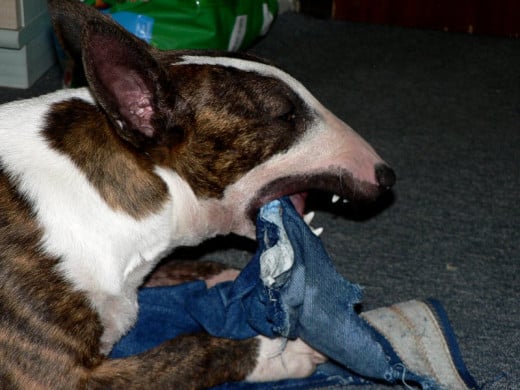
Having fun at making up or breaking up with the beach dog
Continued....
While the genes have given dogs the blueprint for behaviour, the environment in which they live helps develop and strengthen patterns of behaviour. Dogs that are raised and kept in different situations will have different characters and personalities. So, for example, a pet dog raised from a very early age in a warm kind home with lots of kids and animals is likely to be friendly, sociable and playful, whereas a dog kept shut away for most of the time is likely to be bashful and fearful.
A dog raised with overbearing owners will possibly have a low opinion of his/her own abilities whereas a dog kept with very pleasurable, easy-going owners is likely to be more confident. Also dogs are very adaptable and will continue to change their behaviour as a result of experiences and influences from their environment throughout their lives. It is impossible to say whether genes or environmental factors have more influence on the dog's adult character. Both, as a matter of fact, play their part and are inextricably linked. Both should be considered and thought of when trying to understand why dogs behave the way they behave.
The image below is of an English Springer Spaniel. This type of breed is likely to be energetic and it enjoys retrieving because of his genetic make-up.
An English Springer Spaniel

My Related Hub -
- Learn on how to be a good dog owner
Dogs are a man's best friend. You will gain some tips and advice on how to keep your dog content and not make enemies with you. Please read on.....

